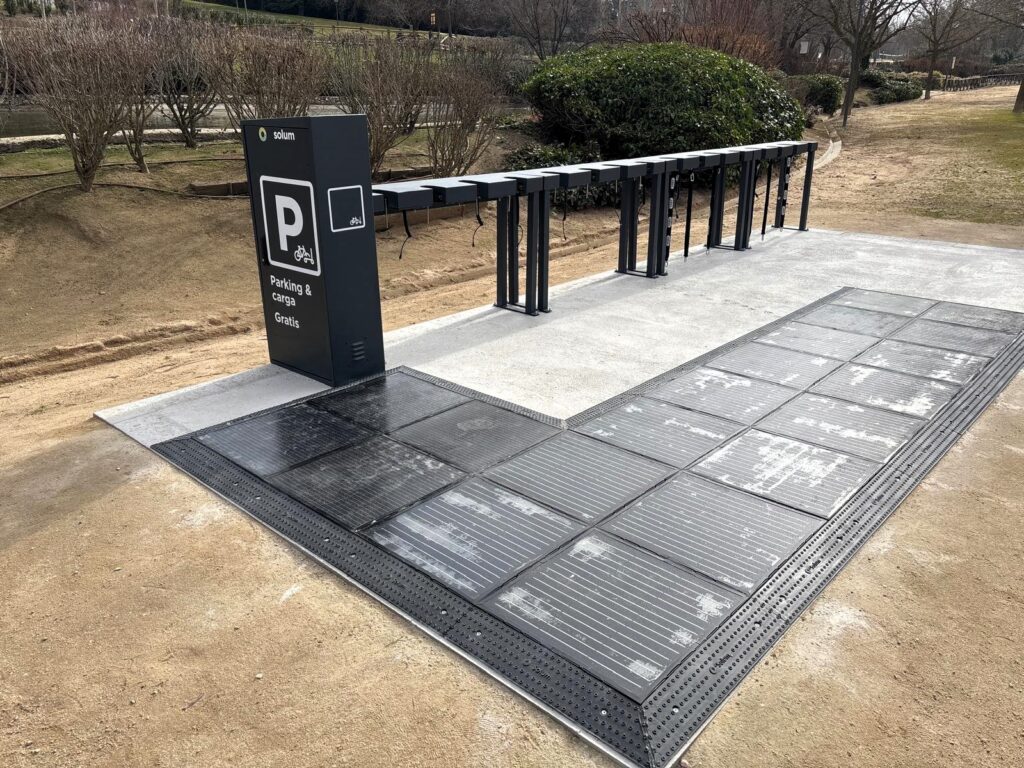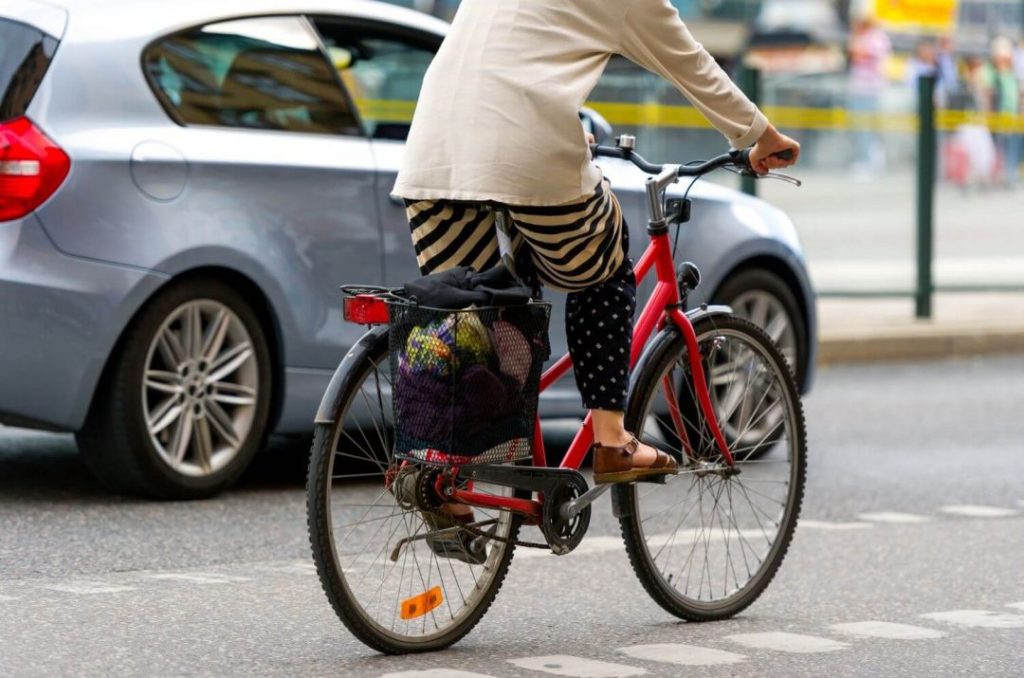How municipalities can regulate and promote the use of electric scooters in urban sustainable transport
The rise of electric scooters has transformed urban sustainable transport, offering an eco-friendly alternative to cars and public transport. However, their rapid growth has posed challenges for municipalities, such as disorderly parking, lack of road safety, and the need for adequate infrastructure.
For electric scooters to effectively contribute to sustainable mobility, municipalities must establish clear regulations and appropriate strategic plans.
Benefits of promoting the use of electric scooters in sustainable transport
Electric scooters are a key solution within sustainable transport and offer numerous advantages for cities:
- Reduction of traffic and pollution: They decrease car dependency and contribute to improved air quality, aligning with transport decarbonization strategies.
- Less noise in the streets: They are a silent alternative that optimizes urban transport infrastructure.
- Greater accessibility and efficiency: They facilitate short trips in urban areas without generating pollutant emissions.
- Optimization of public space: They help prevent traffic congestion and promote a shared and ecological transport model.

Main challenges for municipalities in regulating electric scooters
1. Lack of parking infrastructure
Electric scooters are often left anywhere, creating disorder in the streets and making urban sustainable mobility more difficult.
2. Insufficient road safety
Riding a scooter without a helmet or dedicated lanes for sustainable transport increases the risk of accidents.
3. Improper use in restricted areas
The lack of regulation allows scooters to circulate on sidewalks or pedestrian areas, affecting citizens’ mobility.
Strategies to regulate and promote the sustainable use of electric scooters
To ensure that electric scooter transport is safe and orderly, municipalities can implement the following strategies:
1. Creation of clear regulations and awareness campaigns
- Establish specific areas for scooter circulation and parking within a sustainable transport framework.
- Require safety measures such as helmet use and speed limits.
- Conduct campaigns to educate citizens on responsible scooter use within sustainable mobility infrastructure.
Implementation of proper infrastructure for PMVs (Personal Mobility Vehicles)
Designating specific spaces for electric scooter charging and parking prevents disorder in public spaces.
This is where Solum plays a key role. With its solar charging and parking stations, municipalities can:
- Optimize urban space by preventing scooters from being improperly parked in pedestrian areas.
- Promote the use of renewable energy through its 100% solar-powered charging system.
- Ensure user safety with infrastructures designed for sustainable transport in urban environments.
3. Integration with public transport
Municipalities can encourage the use of electric scooters as a complement to other means of urban sustainable transport by creating parking areas near train stations, metro stations, and bus stops.
4. Development of a dedicated lane network
Expanding bike lanes and designated areas for electric scooters reduces conflicts with pedestrians and cars, reinforcing urban sustainable transport. To optimize their use, Solum offers solar charging and parking stations, which can be installed alongside these lanes, allowing safe scooter parking and charging. This helps keep public spaces orderly and fosters more efficient and sustainable mobility.

Regulations and successful city examples in sustainable transport
Several municipalities in Spain have implemented regulations to improve urban sustainable mobility:
- Madrid: Has designated exclusive parking areas for electric scooters and penalizes improper parking.
- Barcelona: Requires mandatory helmet use and prohibits scooters from riding on sidewalks.
- Seville: Has integrated electric scooters into its sustainable mobility strategy, promoting responsible use.
How Solum helps municipalities in sustainable transport
Solum provides innovative solutions to efficiently manage electric scooter parking and charging through its Solar Station. These stations allow:
- Charging with 100% renewable energy, without the need for connection to the power grid.
- Organized and safe spaces, preventing chaotic scooter parking.
- Reduction of environmental impact, promoting cleaner, more efficient transport aligned with municipalities’ sustainable mobility goals.
The role of municipalities in urban sustainable transport
Regulating and promoting the use of electric scooters is a key task for municipalities seeking to improve urban sustainable transport in their cities. Implementing regulations, developing proper infrastructure, and integrating solutions such as Solum’s solar charging stations are essential to creating more orderly, cleaner, and more efficient cities.
Municipalities interested in improving their urban sustainable transport strategy can contact Solum to learn more about how its solutions can transform electric scooter usage in their cities.








